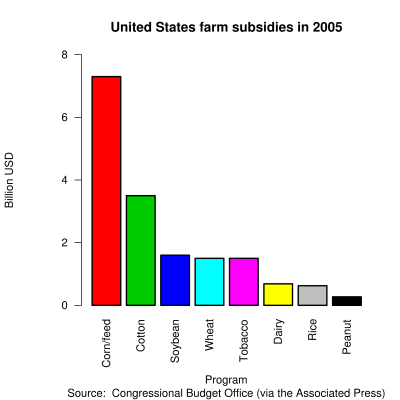One factor I failed to mention before is that I am sharing a refrigerator with my housemate and I prefer not to use too much room in the fridge. Eggs are the only exception. Things like vegs or meat requires cooling and I prefer not to do that (hence the tin fish, cereal, noodles, etc).
I am lactose intolerant. No milk for me.
I understand your desire to lower food costs. It's one of our biggest expenses too. However, you're on your way to sickness or death with your current diet. I see a lot of junk food, with no significant calories or nutrition. You're going to be malnourished if you keep this up, and that will cost a LOT more than the food money you're saving.
Surely there are other areas you can reduce costs without sacrificing your health. Drop Netflix, cancel your cable TV, find a cheaper cell phone plan, stop going to the gym, cancel other subscriptions, walk instead of drive, take public transportation, etc.
The easiest way to reduce your grocery costs and maintain good health is to avoid convenience foods. No frozen dinners, no canned spaghetti sauces, no canned meats, no potato chips, etc. Most of that stuff is high in fat, sodium, or sugar and is horrible for you. Also, don't smoke and avoid alcohol, two expensive and unhealthy habits.
Buy more fresh vegetables. They're cheaper than frozen, better for you, and don't require refrigeration. Reduce the amount of meat you eat, it's expensive.
Only buy items in bulk if you know for sure you will use it. It doesn't make sense to save 20% if you end up throwing away 50% of the unused food.
I know cooking isn't much fun when you live on your own, but as a single person what else are you doing with your time? Cooking your own meals is healthier, and you'll save money.
There are plenty of foods you can buy fairly inexpensively that can be combined into numerous meals. Ground beef, potatoes, canned corn or green beans, minute rice, dried pasta, ramen noodles, etc. These aren't necessarily the healthiest options, but they're better than your current diet.
Oh, you can buy lactose free milk in most stores too...



